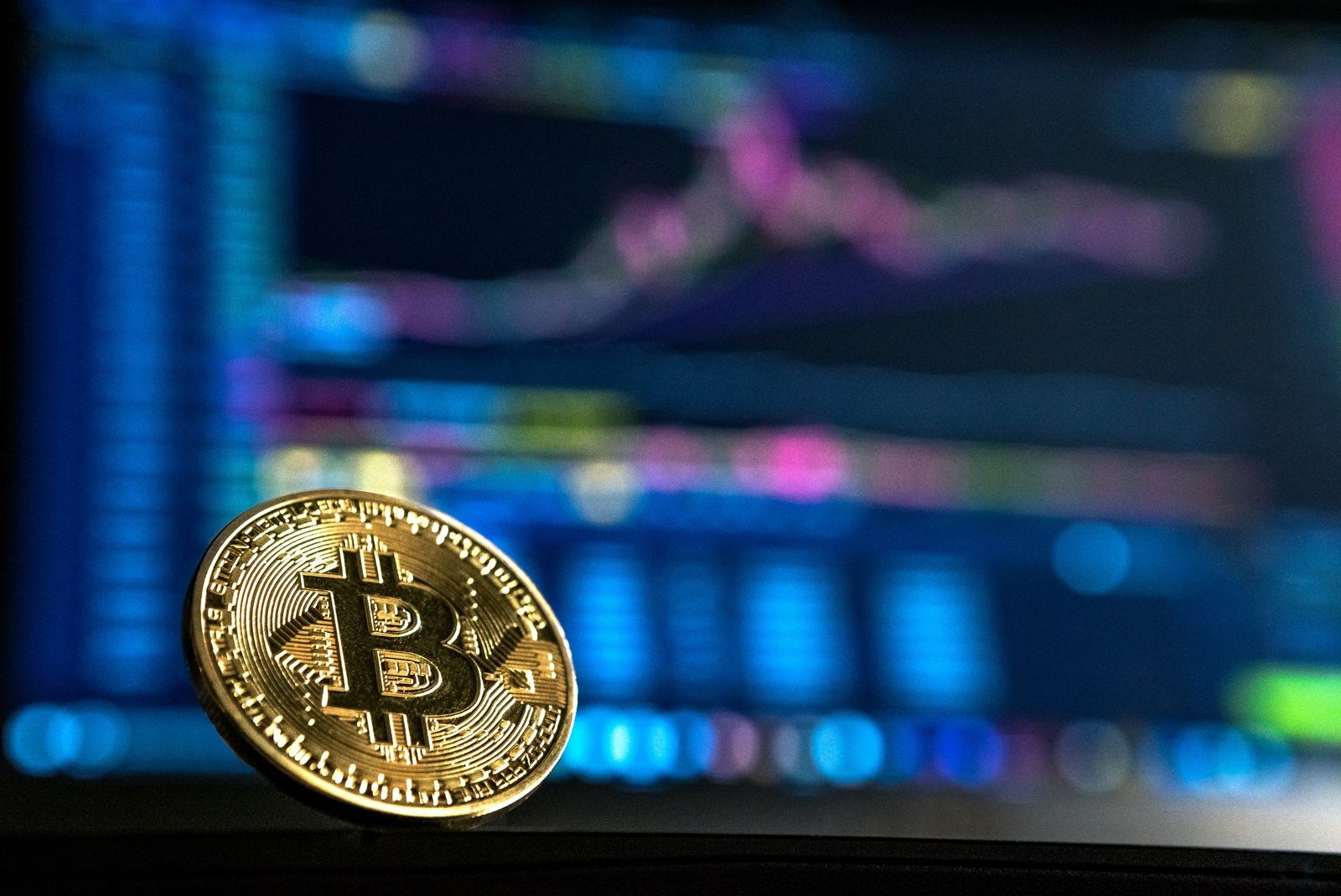Wednesday, April 19, 2023
Blog topics:
In case you missed it on the calendar, it’s National Coin Week!
OK, to be fair, unless you’re an numismatist, it’s not necessarily something that a lot of us might take the time to celebrate. That being said, it did get me to think about where we’re at, as a society, with how we’re using coins as a part of our everyday life, and how bitcoin -- also referred to as cryptocurrency or crypto -- fits into the conversation.
To begin with, if you’ve been to a concert or sporting event lately, you’ve discovered that the one thing you don’t have to worry about forgetting when you leave the house is cash. And it’s not because you don’t have any money to spend, rather it’s because the venue or stadium (even at a lot of local high schools) doesn’t accept it as a form of payment.
Instead, we now have to remember to stop at an ATM before we go anywhere and paying (for a lot of things) with the change we’ve saved up is not necessarily an option either, as a lot of businesses have decided to go “cashless”. They’ve discovered it’s easier for us to pay with a credit or debit card, or we pay online (using our phone or mobile device) with Apple Pay. There’s even “Kohl’s Pay” (which I’m told is not to be confused with Kohl’s Cash).
As all of this has been going on, cryptocurrency is continuing to emerge as one more way people and companies are using as a legitimate form of payment and/or as an investment.
If you’re wondering what kind of “coin” we’re talking about, consider:
- According to Pew Research, approximately 16 percent of Americans use cryptocurrency in some shape, form, or fashion and it’s estimated that almost 70 million people use Blockchain wallets worldwide to store their cryptocurrency.
- Between 2012 and April 2023, the price of Bitcoin has gained 127,310 percent (from $22 per USD for $1 million worth of the token to $28,030).
Of course, it’s important to keep in mind, as someone who works in cybersecurity, crypto is also regarded as the preferred method of payment cybercriminals use when demanding payment from small businesses and local government, even schools, as part of their committing a cybercrime, either by stealing data or money or both. According to the FBI, cryptocurrency investment fraud increased 183 percent from $907 million in 2021 to $2.57 billion in 2022.
If you’d like to learn more about cryptocurrency, including how it works and the types of scams to be aware of, visit the website for the Federal Trade Commission. It’s a good place to start to understand some of the basics, along with some of the risks.
Seeing how there’s approximately 22,932 cryptocurrencies worldwide, it’s safe to say it’ll be a little while yet before we stop collecting coins, or feel as though we need to trade in our piggy banks for a digital wallet that’s filled with all of our money.


 By
By